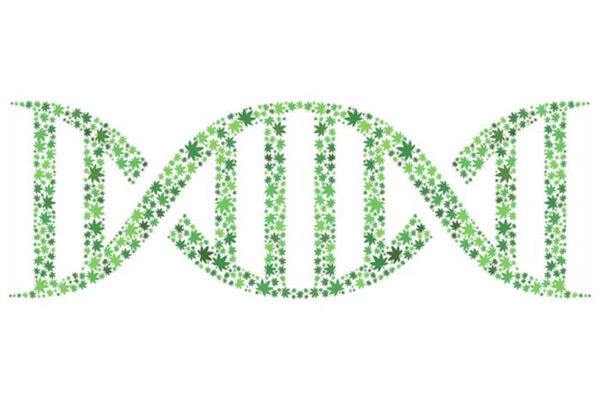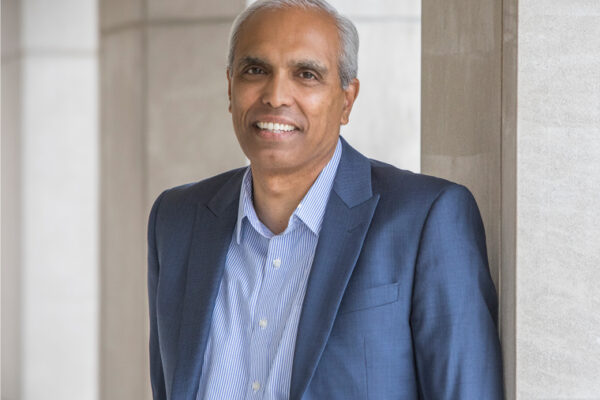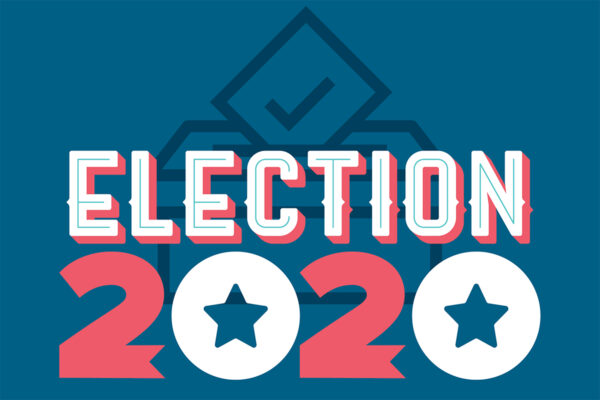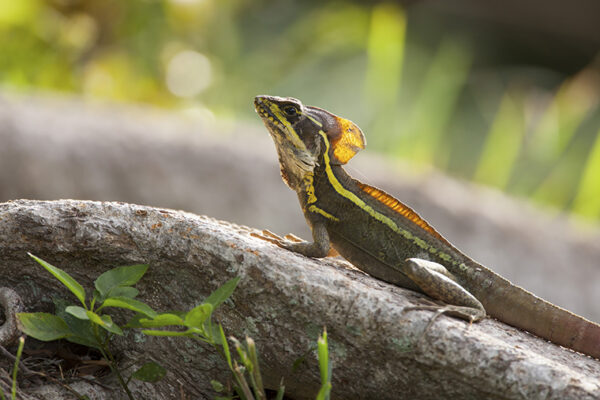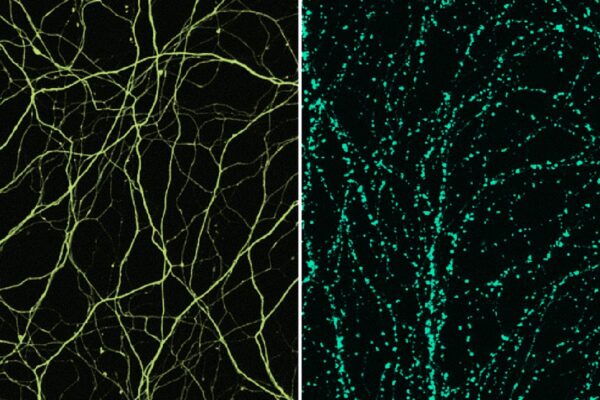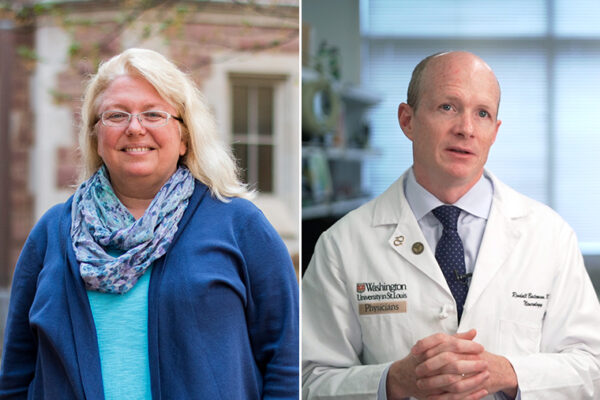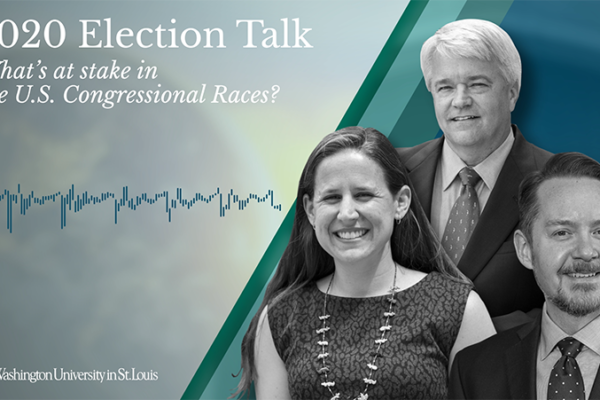Uncovering genetic roots of marijuana use disorder
An international team of researchers led by scientists at the School of Medicine has identified two regions in our DNA — one newly identified and a second that replicates a past finding — that appear to contribute to one’s risk of becoming dependent on marijuana.
Pappu, collaborators awarded $7.5 million MURI award
Rohit Pappu, a professor in the McKelvey School of Engineering at Washington University in St. Louis, is part of a multi-institutional team awarded a $7.5 million MURI grant to study and engineer membraneless organelles.
Former Congressman Gephardt part of panel on election integrity
Former Congressman Richard Gephardt does not know who will win the 2020 presidential election. Nor does he know when the race will be called. But Gephardt does believe the election will be safe, secure and fair. Gephardt will join former U.S. representatives from both parties Tuesday, Oct. 27, for a panel discussion, “Counting Every Vote: Election Integrity in 2020.”
Boeing Center, Olin faculty behind special edition journal, recent research
Academics who assembled at Olin Business School at Washington University in St. Louis offered such relevant presentations, research and ideas — a full nine months before a pandemic derailed, if not stymied, global operations — that it produced a special edition in scholarship: how to pay for production and distribution today and manage global risks in a highly uncertain environment. Supply Chain Finance and Fin Tech Innovations was published Oct. 1 as the 14th volume of Foundations and Trends in Technology, Information and Operations Management.
What cold lizards in Miami can tell us about climate change resilience
Scaled survivors of the coldest night in south Florida’s recent history all converged on the same new, lower limit of thermal tolerance, regardless of their species’ previous ability to withstand cold. Biologist James Stroud in Arts & Sciences at Washington University in St. Louis led the team that reported the findings in the journal Biology Letters.
Startup company founded by Washington University scientists acquired by Eli Lilly
Pharmaceutical maker Eli Lilly and Company has purchased Disarm Therapeutics, a startup biotechnology firm founded by researchers at Washington University School of Medicine to speed the development of treatments for multiple neurodegenerative conditions.
‘At the edge of political crisis’
Poet, dramatist, translator and literary theorist John Dryden was a central figure in the politics and culture of Restoration England. In a new survey for Oxford University Press, WashU’s Steven Zwicker provides an authoritative overview of Dryden’s influential 40-year career.
Barch, Bateman elected to National Academy of Medicine
Deanna M. Barch, chair of psychological and brain sciences in Arts & Sciences and the Gregory B. Couch Professor of Psychiatry at the School of Medicine, and Randall J. Bateman, MD, professor of neurology at the School of Medicine and director of the Dominantly Inherited Alzheimer’s Network and Trials Unit, have been elected to the National Academy of Medicine.
2020 election talk: Congressional races
Three political science experts at Washington University in St. Louis discuss the battle for control of the U.S. Senate and House. This roundtable discussion is the first of a two-part 2020 election series aimed to help listeners better understand the news, polls and issues in this year’s election.
Athletic Complex to serve as safe, convenient polling location
The Athletic Complex once again will serve as the on-campus polling location at Washington University. Students who live on the South 40 and in the Village may vote at the Athletic Complex between 6 a.m. and 7 p.m. Nov. 3. And, for the first time, so may any students, faculty and staff who are approved to be on campus and live in St. Louis County.
View More Stories
